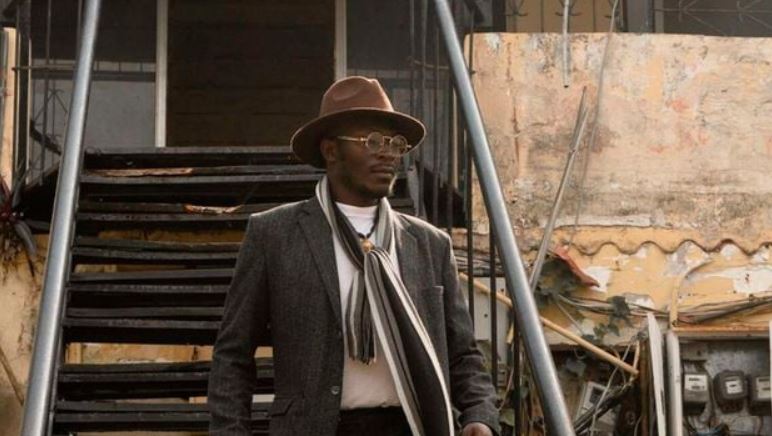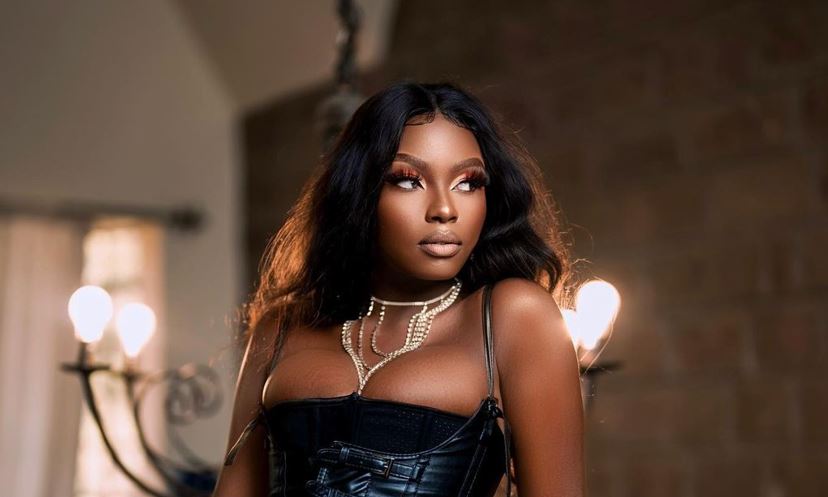
Do you find it necessary to specify that you’re Luo, or can people usually identify this in your work? Do you think there is such a thing as positive tribalism?
I think tribe is the most beautiful gift that life has given us Africans. We have great tribal diversity across the continent. As a Luo, I know I am a representative of a community – the ones who were here before me, the ones I came with and those who are yet to come. It is very important for me to specify that I’m a Luo because on many occasions, people who don’t know the language have mistaken my music to be from West Africa, based on the melodies I use. However, I believe it can be identified easily by most Kenyans.
Could you explain a little bit more about contemporary impressionism? What does that look like in a Kenyan context?
Contemporary impressionism is modern art created by artists who are alive. It borrows a lot of principles from the impressionist painters who came after the renaissance such as Monet, Van Gogh, Manet, Matisse, and others. After graduating from Mwangaza Art School in 2015, I took it upon myself to celebrate and document the beauty of Kenyan landscapes, and translate them into paintings. As a storyteller, I also have concepts that I work on that provoke thought, and equally open spaces for conversation.
Why do you think the connection between the urban and traditional society is important? What do you think we have lost through urbanisation and what do you think we have gained by staying more traditional?
I grew up in a small village in Migori county called Andingo, and was raised by a medicine woman who was my grandmother. Then I moved to the city. My experience makes me feel like I am more aware of my African roots. This sense of awareness gives me clarity on where I am now, and where I want to be in future. By becoming more urban, our approach towards life has become individualistic and selfish to a great extent. We have weakened the value of life, since everyone is living their own versions, and the human connection with the environment has immensely reduced, if not dead completely. Kenyans are very loving, generous, and compassionate people. You get reminded of this when you take a ride to the countryside with someone who speaks the local language. We all belong to a small village somewhere. Modernisation, however, comes with its benefits. For example, it generally makes life easier.
Did you go to school to study art? Do you think school is important for artists? At what point do you think artists should say, this isn’t working, I need to change my work – rather, how does one really evaluate whether one is a talented artist?
I went to Mwangaza Art School in Kisumu. School is important for artists, for it teaches you discipline. However, you don’t have to kill yourself if can’t access formal education. You can equally do workshops with professional artists and learn from them.
Art is a very jealous and dominant spirit, and so the question of when to stop depends on how every artist feels. It is also very important to find a balance between making money and creating art because we have bills to pay. In most cases, art is anything you can get away with. However good, art should be able to evoke a feeling or challenge the status quo.
What’s the last Kenyan TV show or movie that you enjoyed?
Country Queen!








